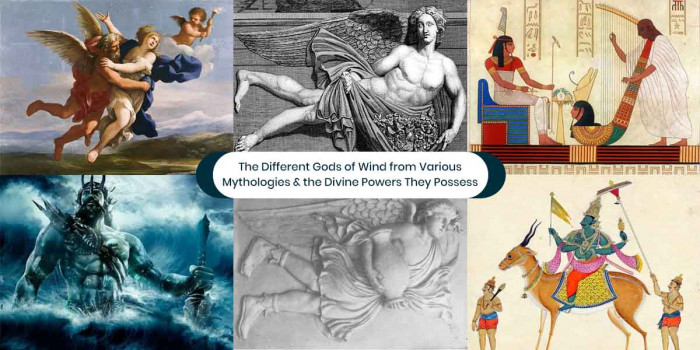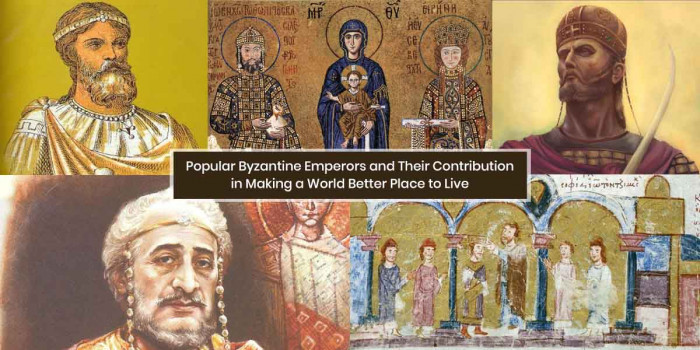The Widely Known & Revered Greek God of Food & Goddess of Food in Mythology
How well do you know about the Greek God of Food and Goddess of Food? Know why they were worshipped and their special powers.
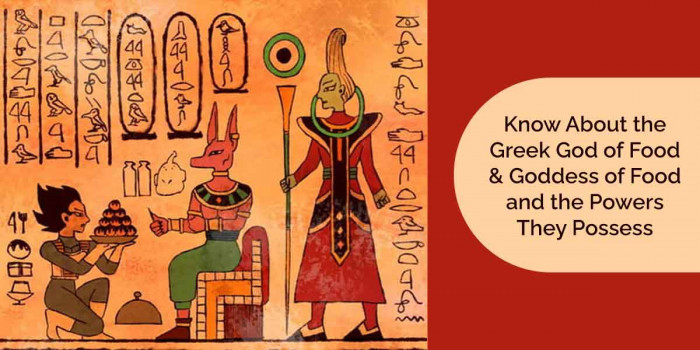
If you have ever read about Greek mythology, then you must have heard about Greek gods and their power. Different Greek gods of air are described in mythology, and their stories are shared. In the ancient Greek myths, Ambrosia is the drink of gods. It is not famous as other Greek gods, but it is still a crucial part of the Gods and Goddess.
While Ambrosia is regarded as the Greek god of food, Annapurna is the Hindu goddess of food. Annapurna is a manifestation of the goddess Parvati and the daughter of Himavat, the king of mountains. She is a popular deity, and several temples are dedicated to her. There is a famous Annapurna Devi Mandir dedicated to goddesses in UP. She is regarded as the queen of Varanasi.
In West Bengal, the temple can be visited in Barrackpore. The temple was built by Rani Rashmoni’s daughter Jagadamba in 1875. In Maharashtra, her temples are found in Manegaon of Solapur district and Akola. In Puducode of Kerala, a grand celebration of Navratri is organized every year. People worship her every year to bring fulfillment in their lives.
The word ‘Ambrosia’ comes from the name of the Greek Goddess of love and beauty, Aphrodite. Aphrodite was born from the sea and swept to shore. In Greek mythology, Ambrosia was the drink of Olympian gods. It was believed that Ambrosia brings long life and immortality. It was linked to nectar, another element that gods and goddesses consumed. The two words, Ambrosia and Nectar, were sometimes used interchangeably. While some believe that Ambrosia was food and Nectar was a drink, others find it vice-versa.
Food was important to Greeks. They believed that food was connected to God. They even made food and drinks that the gods could eat. Persephone and Demeter were the goddesses of bread, and Ceres was the goddess of crops. Greeks even sacrificed their crops to the Gods. Demeter was the goddess of the harvest, grew crops every year, and was the mother of Proserpina. Priapus was the god of vegetables.
Ambrosia Used as a Perfume
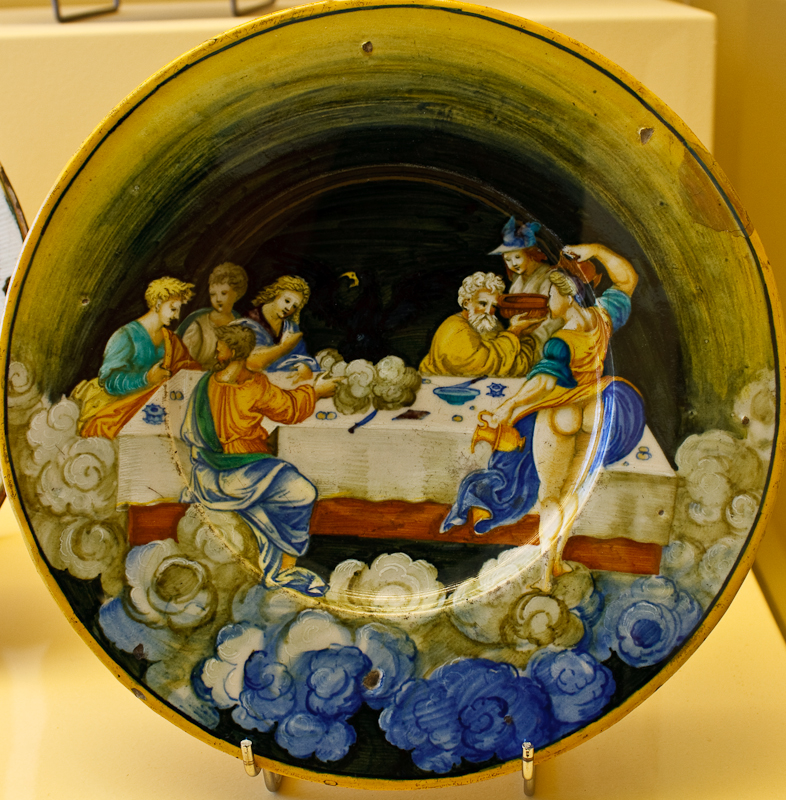
Ambrosia was reserved for divine beings. Ambrosia and Nectar are fragrant and used as perfume. Among writers, Ambrosia was used with generic meanings of delightful liquid. Modern Ethno mycologists like Danny staples identify the Greek god of food with the hallucinogenic mushroom Amanita Muscaria.
W.H. Roscher, a German scholar, thinks that Nectar and Ambrosia were types of honey. Some say that Ambrosia was responsible for granting the goddesses immortality.
The gods loved eating it and ate it along with drinking nectar. This greek god of food was also part of stories that involved Achilles. In one version of the story, Achilles' mother gave him Ambrosia to eat to make him immortal. He became immortal, except his heels. Later he lost his life after a heel injury.
The Olympus ate Ambrosia, which was bought by doves. In Homer’s poem, Ambrosia was food, and Nectar was a drink. According to mythology, Hercules took Ambrosia by Athena and upon his assumption into mortality on Olympus. On the other hand, when Tantalus tried to steal Ambrosia from the gods, he was punished for committing hubris.
One of the myths about Ambrosia, the Greek god of food, was about Achilles and his immortality. According to a myth, Thetis anointed him with ambrosia to become immortal and then passed him through flames. The father of Achilles found her and stopped her.
Examples in Mythology
In the ancient Greek poem, Iliad xvi, Apollo washes the back blood from the corpse of Sarpedon and anoints it with Ambrosia. Similarly, Thetis anoints the corpse of Patroclus to preserve it.
In the Odyssey (Ancient Greek poem), Calypso is described as having spread a table with Ambrosia and set it by Hermes, an Olympian deity in Greek religion and mythology. It is confusing whether he said that Ambrosia was rosy-red or if he was describing a rosy-red nectar Hermes drinks along with the ambrosia.
Ancient statues of Anubis read “...I am death...I eat ambrosia and drink blood...," which describes Ambrosia as some food.
In the Odyssey, (ix.345–359), Polyphemus (one-eyed son of Poseidon and Thoosa) liked the wine given to him by Odysseus to Ambrosia and Nectar.
Ambrosia and Nectar Turned the Blood of God into Heavenly Life Force
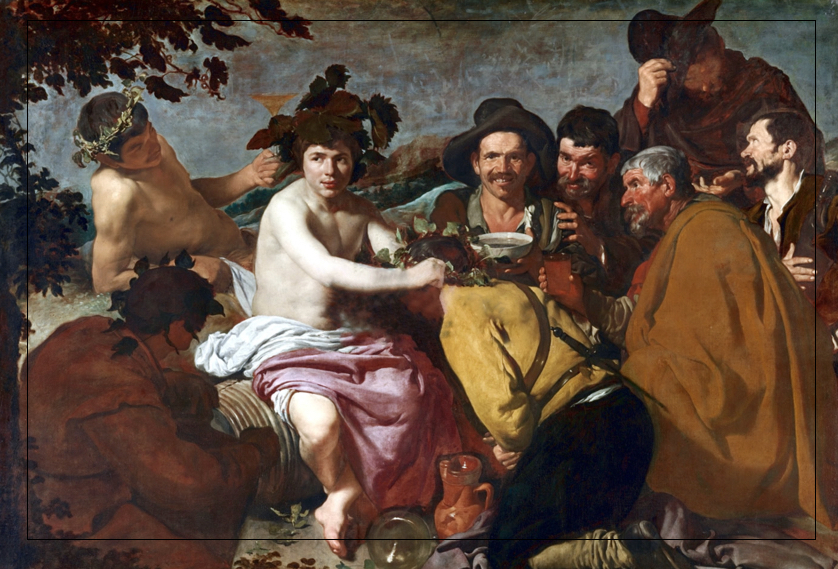
It was said that the consumption of Nectar and Ambrosia turned the blood of the deities into a heavenly life force, Ichor. Consuming Nectar and Ambrosia for the deities would have to continue to partake of the food and the drink of the gods, or else their life would fade away.
There was a belief that if mortal partook of Nectar and Ambrosia, then they would become immortal like the gods and induced Tantalus to steal the food and drink from the gods. The Greek king did not succeed and received immortality of sorts.
When Ambrosia and Nectar Became Restoratives
Nectar and Ambrosia were used as restoratives. For Aphrodite, they turned into restoratives, restored her strength, and cleaned her wounds after she was injured by the Achaean hero, Diomedes.
Anointing Fluids
During the Trojan War, when the son of Zeus, Sarpedon, was killed by Patroclus, Apollo cleaned his wound by Ambrosia. When Patroclus died, Thetis cleaned his body with Ambrosia so that the body did not decompose before the funeral.
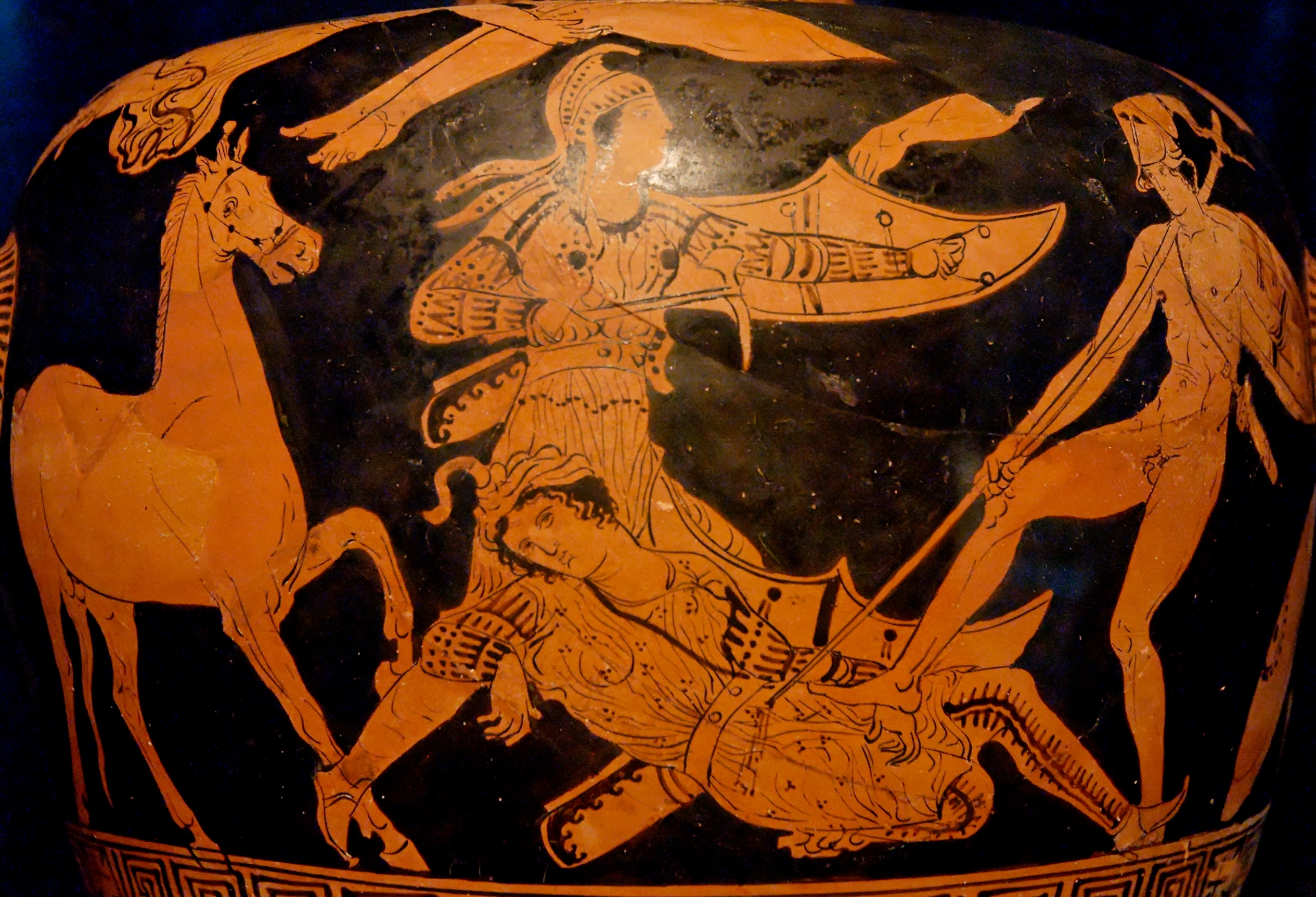
In several cases, Ambrosia was used as an Anointing fluid when Achilles was a baby. Achilles’ mother would make her son immortal by covering him in Ambrosia. Unfortunately, she was caught by her husband, who believed she was harming their son.
Sweet Tooth
The popular candidate for the nature of Ambrosia and Nectar is honey. Honey has been enjoyed for its properties and medicinal uses. It can be added to food and can be fermented. Honey was the favorite drink throughout Greece. There was a myth surrounding Ambrosia that involves a nymph of the same name.
Goddesses of Food - Annapurna, Ukemochi & Aha-Njoku
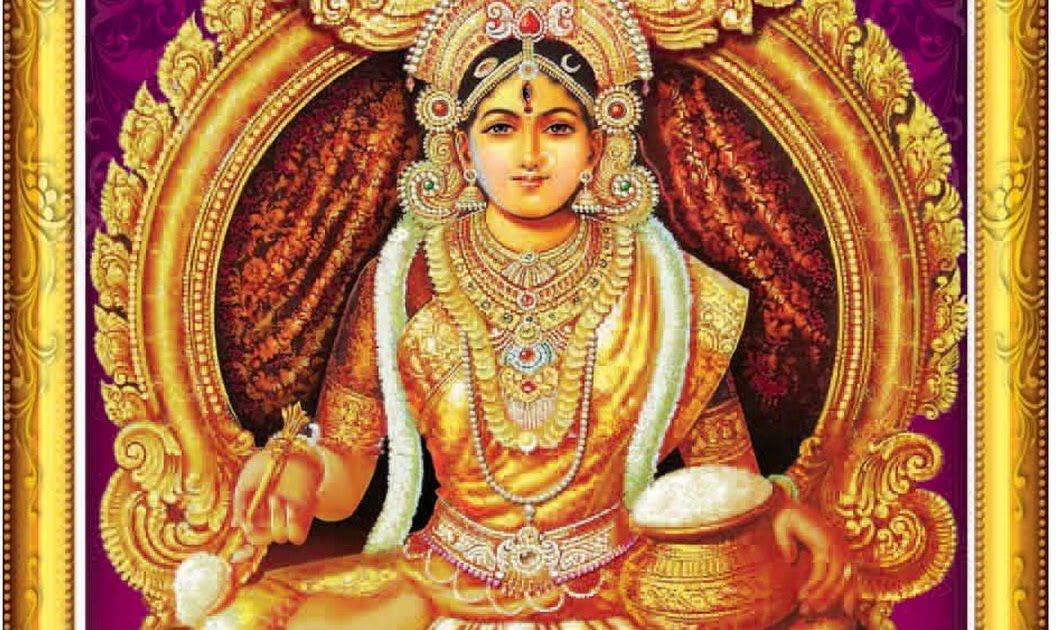
Some cultures have more than one goddess of food. Annapurna is the nourishment of food and cooking. The Hindu goddess is worshipped by everyone since food is an important part of society. Food is cooked with holiness and imparts the blessing of God through the alchemy of the prepared food.
She wore jewelry and had a spoon showing the offerings of food to the people. She is the Goddess of the kitchen, and her statues can be found in Hindu kitchens. The Agamas describe Annapurna as a goddess with a red complexion, three eyes, high breasts, and four hands. She is described as a lady wearing different jewels in her right hand and holding a golden ladle.
Goddess Annapurna has different names and is known by Viśālākshī (Sanskrit) – she who has large eyes, Viśvaśakti – world power, Viśvamātā – mother of the world, Sṛṣtihetukāvaradānī - she who is a boon granter for the sake of the world, Bhuvaneśvarī - goddess of earth, Renu – goddess of Atom, and Annadā - the donor of food. In some depictions, Shiva is standing on her right, begging her for alms. She is also found in Kumara Sambhava. It is a Telugu literature by Nannechola, a Shiva poet of the 12th century.
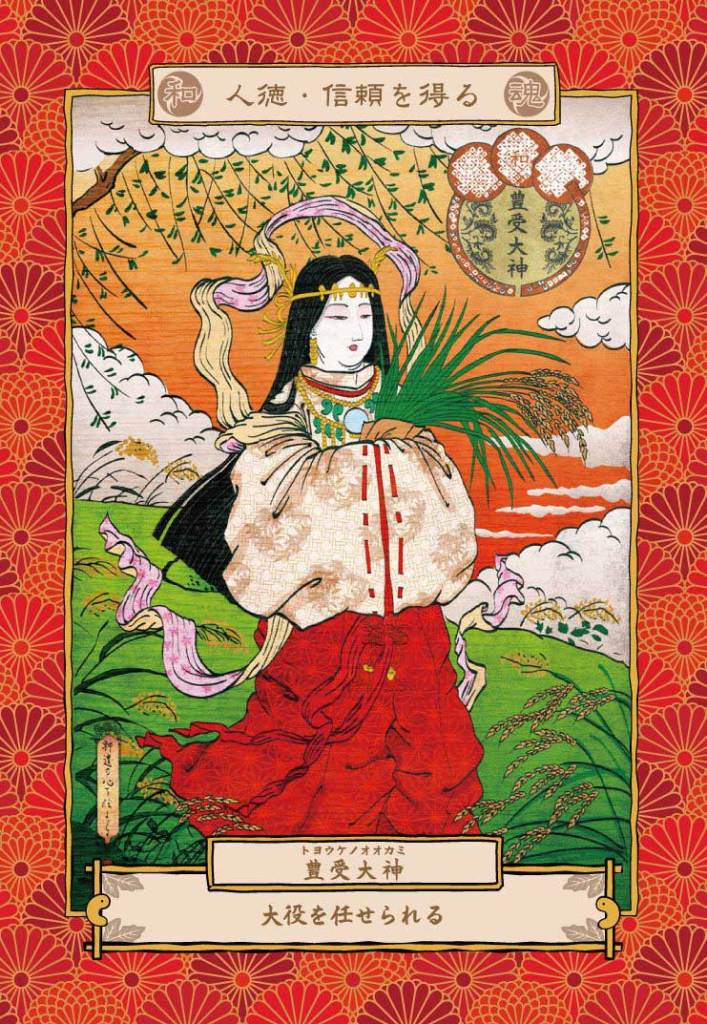
Ukemochi is a Japanese god. Her name translates to Goddess Who Possess food. When Amaterasu asked to prepare food for Tsukuyomi, the goddess of food Ukemochi expelled food from her mouth. To the sea, Ukemochi spits fish. Ukemochi and Ogetshuime are known for offering food and banquets to everyone in need.
Ukemochi was mentioned in one story by Nihongi. It is believed that Amaterasu sent her brother Tsukuyomi to visit Ukemochi. When he met her, Ukemochi produced 100 tables filled with varieties of food. She produced this food through her mouth.
He considered the food polluted and killed Ukemochi with his sword. Amaterasu was disappointed by Tsukuyomi and did not want to meet him again. At the same time, he was happy that Ukemochi turned into the grain and spread crops across the Earth. Goddess Ukemochi, Toyouke, and Ogetsuhime provided food in abundance and were responsible for spreading grains on the earth. Today, they are worshipped by everyone and receive food prepared with love.
Other Goddesses of Food and Drinks
In Igbo mythology, Ifejioku, or better known as Aha Njoku, is a goddess worshipped by the people of Nigeria. She is known as the lady of yams, which were an important ingredient in the Ibo diet. The Ahanjoku Festival is also celebrated by the Igbo people on a full moon.
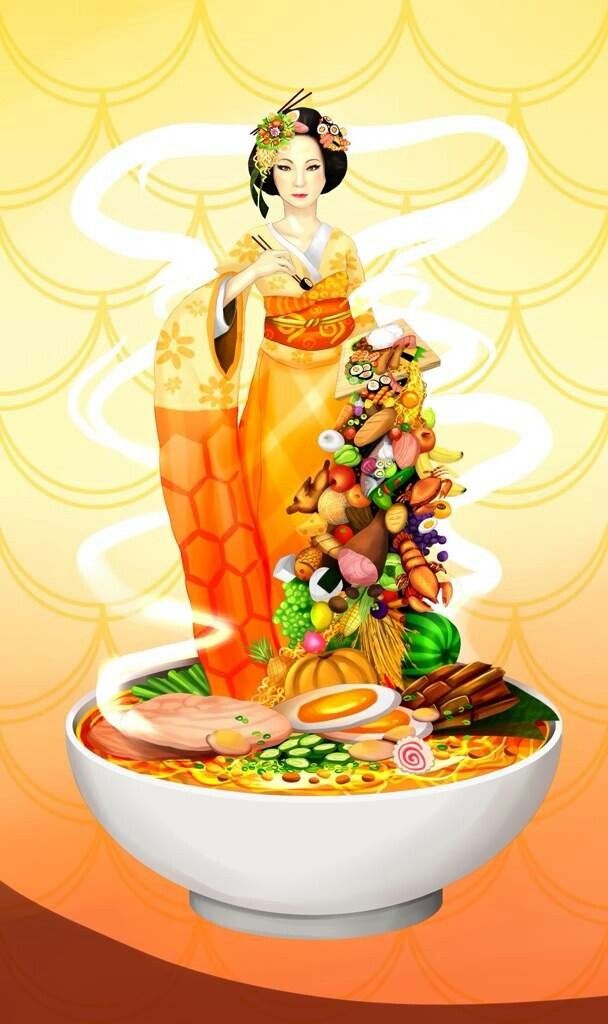
American goddess Corn Woman brings the gifts of corn, sustenance, and fertility. The Corn mother secretly produces corn by rubbing her body. She was also depicted as a beautiful woman who marries a man whose tribe is suffering from hunger. She returned to her home and gave her husband a detailed instruction for cultivation.
Dewi Sri is the Javanese, Balinese pre-Hindu, and pre-Islam goddess of fertility. She is worshipped in Bali and Indonesia. The mythology of Dewi Sri is native to Java. She is believed to have dominion over rice, which is the staple food of Indonesians. The story of Dewi Sri is associated with the origin of the rice plant. She was depicted as a beautiful, slim, and curvaceous woman.
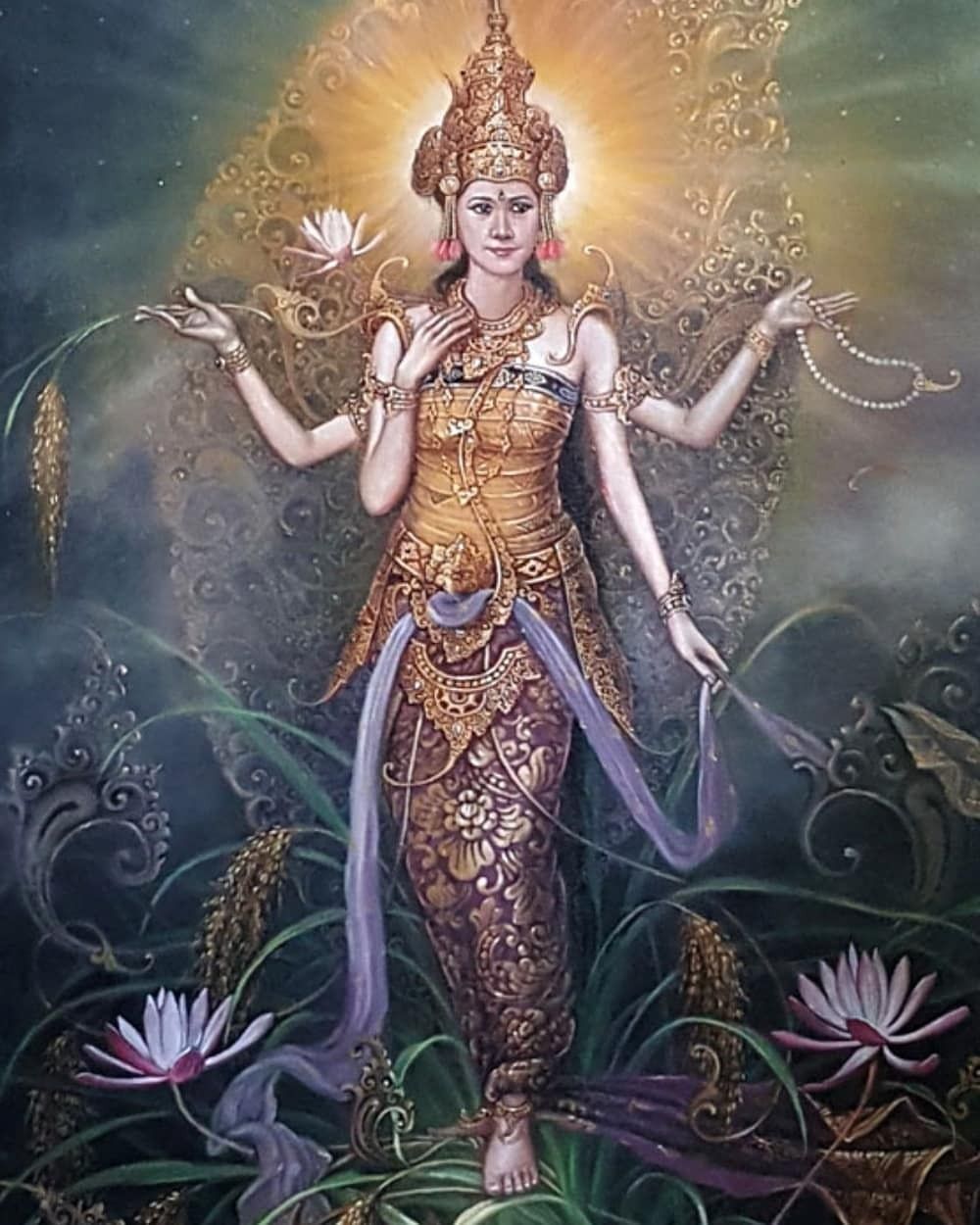
Hathor, the Goddess of love and beauty, is the mother of food. As a sky deity, she was the consort of the sky god Horus and the sun god Ra. She was one of the goddesses who acted as the Eye of Ra. Ra’s side represented joy, maternal care, sexuality, and acted as the consort of male deities and mother of their sons. Hathor was described as a cow and symbolized maternal and celestial aspects.
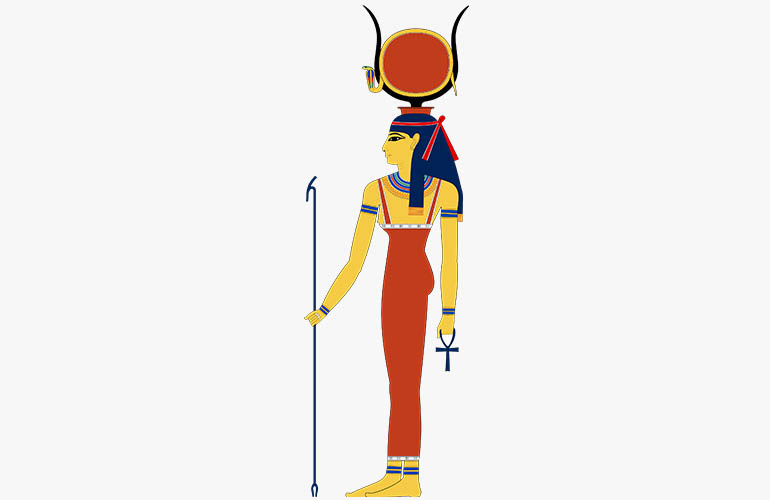
IxCacao is the Goddess of the Cacao tree. She was worshipped by other tribes in South America. The Aztech’s associated chocolate with Xochiquetzal, who is considered as the Goddess of flowers and fruits.
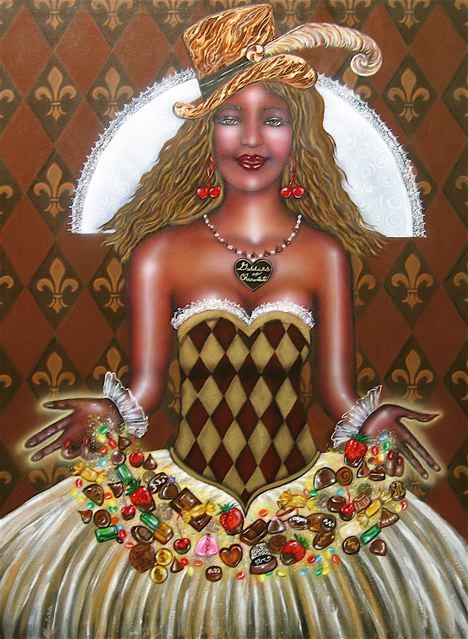
Oshun rules the kitchen. She loves potatoes, lemons, squash, honey, and pumpkins. The Roman Goddess of Orchards protects fruit trees. Sedna provided fish and animals for nourishment and sustenance of people.
Final Words
The historians don’t know the exact ingredients of Ambrosia and Nectar. Some connect it with honey, others with jelly, fruits, and vegetables. These ingredients are found in Greece and are related to longevity. If you want to know more about Greek mythology, then you should know about famous male Greek gods and their superpowers.
In modern Greece, several snacks and dishes are made that are linked to Ambrosia. For instance, Greek yogurt with honey or fruits boosts the immune system and adds years to life. Here are some facts about the Greek God of Destruction Perses and their superpower you should know about.
Do you know other facts about the Greek God of food and Goddess of Food? If yes, then don’t forget to share.
Popular Posts
Top 10 Sharpest & Deadliest Swords In History
In classic mythological movies, books and television, we’ve seen those audacious sword-wielding heroes smiting the enemi...
Augustus Perez
List of Water Deities from Different Mythologies
Water deities are the gods and goddesses who had the powers to control the elements of water and ruled over all the fresh and saltwater of the earth. Here’s a list of water deities from different mythologies.
Rishika Gupta
Winged Lion: The Terrifying Mythical Creature In Different Mythologies
A mythological creature, a winged lion dates back to ancient times. This flying lion-like creature has origins in Heraldry, Christianity, Mesopotamian, and Greek mythologies.
Ethan Stephans






